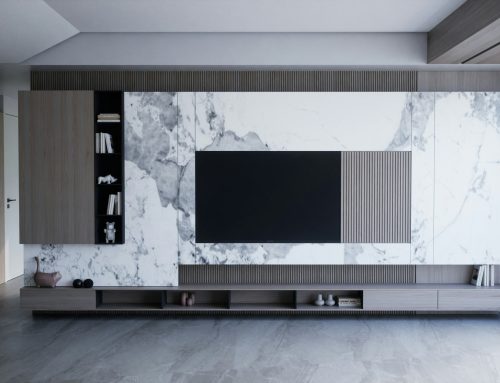Quartzite is a highly durable natural stone known for its strength, beauty, and resistance to heat. But like all natural materials, it does have a few sensitivities — and vinegar is one of the substances homeowners should be careful with.
If you’ve ever wondered whether vinegar is safe to use on quartzite, here’s a clear breakdown.
Is Vinegar Safe for Quartzite?
No, vinegar is not safe for quartzite.
Vinegar is an acid (acetic acid), and while quartzite is harder and more resistant than marble or limestone, it can still be affected by repeated or prolonged exposure to acidic liquids.
What Vinegar Can Do to Quartzite
1. Etching on the Surface
Quartzite is more resistant to etching than softer stones, but it is not completely immune.
Vinegar can react with the stone’s surface and create:
-
dull spots
-
loss of shine
-
slight texture changes
-
“cloudy” patches in severe cases
This happens when acid breaks down the tiny minerals on the polished surface.
2. Degrading the Sealant
Most quartzite countertops are sealed. Vinegar can:
-
weaken the sealer
-
cause the sealer to wear off faster
-
reduce stain resistance over time
Once the sealer is compromised, the stone becomes more vulnerable to spills and oils.
3. Risk of Staining from Other Liquids
Vinegar itself usually doesn’t stain quartzite, but by weakening the seal, it allows other liquids — like wine, coffee, oils, or sauces — to penetrate more easily.
4. Long-Term Dullness
Consistent use of vinegar-based cleaners can slowly strip the reflective finish, making the countertop appear dull even after normal cleaning and polishing.
Why the Reaction Happens
Quartzite is mainly quartz, which is highly resistant to acids.
However:
-
Not all slabs are pure quartzite — many include other minerals.
-
The surface sealant is far more sensitive to acid than the stone itself.
-
Polished finishes are especially vulnerable to acid breakdown.
This is why homeowners may notice dull spots or texture changes after cleaning with vinegar-based products.
Safe Alternatives to Clean Quartzite
Instead of vinegar, use:
-
Warm water and mild dish soap
-
pH-neutral stone cleaners
-
Microfiber cloths
-
Stone-safe disinfecting sprays (non-acidic)
These options protect the stone, the finish, and the seal.
What to Do If Vinegar Was Already Used
If vinegar has already touched the quartzite:
-
Wipe it immediately with water.
-
Dry the surface thoroughly.
-
If there’s dullness or etching, a stone professional can:
-
repolish the area
-
deep clean
-
reseal if needed
-
Most minor etching can be repaired.
Bottom Line – What does vinegar do to quartzite?
Vinegar should not be used on quartzite.
It can dull the finish, break down the sealer, and reduce long-term protection — even though quartzite is one of the hardest natural stones available.
For daily cleaning, stick to mild soap, warm water, and pH-neutral cleaners to keep quartzite surfaces looking bright and polished for years





